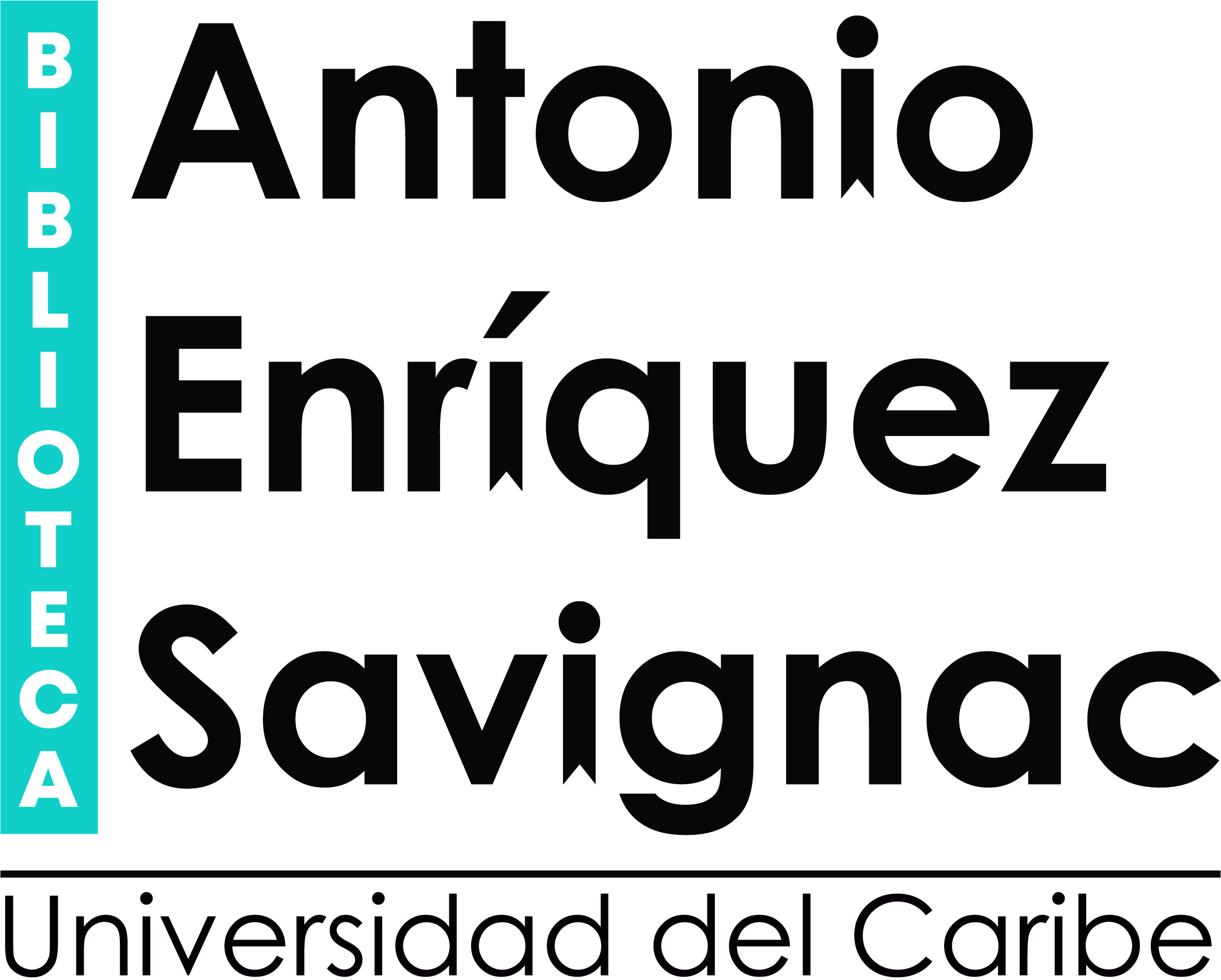Renewable energy from the ocean : a guide to OTEC / William H. Avery and Chih Wu
Tipo de material: TextoSeries Detalles de publicación: New York : Oxford University Press, 1994Descripción: xxviii, 446 p. : il., maps ; 24 cmISBN:
TextoSeries Detalles de publicación: New York : Oxford University Press, 1994Descripción: xxviii, 446 p. : il., maps ; 24 cmISBN: - 0195071999 (acid-free paper)
- TK 1073 A954 1994
| Tipo de ítem | Biblioteca actual | Biblioteca de origen | Colección | Signatura topográfica | Copia número | Estado | Notas | Fecha de vencimiento | Código de barras | Reserva de ítems | |
|---|---|---|---|---|---|---|---|---|---|---|---|
 Libros para consulta en sala
Libros para consulta en sala
|
Biblioteca Antonio Enriquez Savignac | Biblioteca Antonio Enriquez Savignac | COLECCIÓN RESERVA | TK 1073 A954 1994 (Navegar estantería(Abre debajo)) | 1 | Tránsito | Ing. Industrial | 025708 |
Incluye referencias bibliográficas e índice
1. Introduction and Overview. 1.1. The Ocean Thermal Energy Resource. 1.2. Design Requirements for OTEC Systems. 1.3. OTEC Research and Development Status. 1.4. Energy Transfer. 1.5. Investigations of Environmental Interactions of OTEC. 1.6. OTEC Costs and Commercialization -- 2. OTEC Historical Background. 2.1. The Development of Heat Engines. 2.2. Carnot, D'Arsonval, and Claude - Early French Experiments. 2.3. American Investigations Prior to 1973 - The Andersons. 2.4. Survey of U.S. Developments 1970-1985. 2.5. Japanese Programs 1970-1985. 2.6. French Programs 1970-1985. 2.7. OTEC Programs 1986-1990 -- 3. Otec System Concepts. 3.1. General Comments on Systems Engineering. 3.2. Overall Requirements and Options for Alternate Energy Sources. 3.3. OTEC Preliminary Systems Engineering. 3.4. Summary of Results of Systems Engineering Evaluations -- 4. Closed-Cycle OTEC Systems. 4.1. OTEC Power Plant. 4.2. Water Ducting. 4.3. Energy Transfer. 4.4. Position Control. 4.5. Platform -- 5. Open-Cycle OTEC. 5.1. Open-Cycle System Performance. 5.2. Open-Cycle Research and Development Status. 5.3. Hybrid Cycle. 5.4. Mist Lift Cycle. 5.5. Foam Lift Cycle. 5.6. Estimated Costs and Market Opportunities. 5.7. Current OC OTEC Status -- 6. OTEC Closed-Cycle Engineering Status. 6.1. Standard Equipment Applicable to OTEC. 6.2. Facilities for OTEC Construction. 6.3. Pilot-Scale OTEC Systems Tests. 6.4. Conceptual Designs of OTEC Systems. 6.5. Preliminary Design of OTEC Plants -- 7. OTEC Closed-Cycle Systems Cost Evaluation. 7.1. Cost Uncertainties and Perceived Risks versus Engineering Status. 7.2. Estimated Costs of OTEC Systems. 7.3. OTEC Capital Investments and Potential Sales Prices for Products -- 8. OTEC Economics.8.1 Introduction 8.2. Factors That Determine the Commercial Viability of Alternative Energy Options. 8.3. Economic Potential of Existing and Proposed Liquid Fuel Sources. 8.4. Electricity from Existing and Proposed Power Plants 8.5 Comments -- 9. Economic, Environmental, and Social Aspects of OTEC Implementation. 9.1. Economic and Social Benefits of OTEC Commercialization. 9.2. Environmental Effects. 9.3. General Comments on Effects of OTEC Commercialization. 9.4. Benefits to Island Economics. 9.5. Reduction in Atmospheric Pollution.
PII
NUEVOSAMBIENTAL

